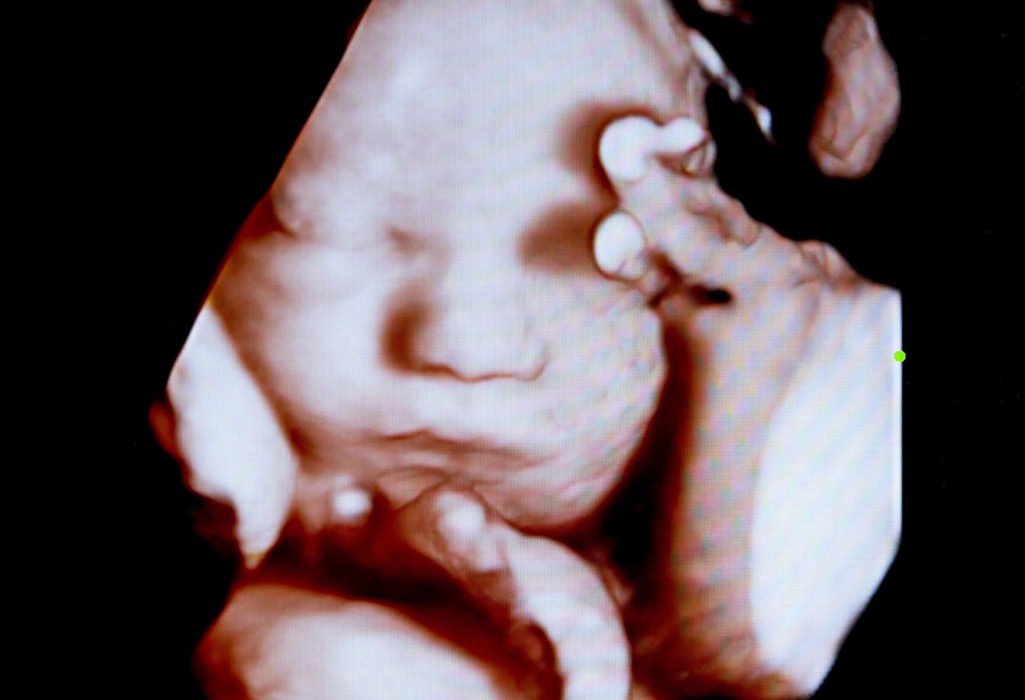The congressional effort to continue to prohibit taxpayer funds from paying for abortions suffered multiple setbacks July 15.
The House of Representatives Appropriations Committee rejected pro-life amendments to two spending bills for fiscal year 2022. The committee defeated an attempt to restore the 45-year-old Hyde Amendment, which has saved the lives of an estimated 2½ million unborn children. It also turned back an amendment to re-establish the ban on funding abortions for prisoners.
Rejection of the Hyde Amendment came a month after messengers to the Southern Baptist Convention’s (SBC) annual meeting approved a resolution that denounced any attempt to rescind the measure. First enacted in 1976, the amendment has barred federal funds in Medicaid and other programs from paying for abortions.
The Southern Baptist Ethics & Religious Liberty Commission (ERLC) expressed dismay over the committee’s actions.
“It is inexcusable that in the same week one chamber of Congress gets a step closer to rightfully confronting the Uyghur genocide in China, the other chamber also takes steps to utilize taxpayer funding for abortion,” said Chelsea Sobolik, a policy director for the ERLC. “This is not only inconsistent from a policy standpoint; it is morally incoherent.”
The Hyde Amendment and other pro-life “riders” should be restored immediately, Sobolik told Baptist Press in written comments. “We cannot advance the cause of human dignity if we fail to protect the most vulnerable among us.”
The Senate approved July 14 an import ban on goods made by forced labor in western China in an effort to combat the Chinese government’s genocidal treatment of Uyghur Muslims and other religious and ethnic minorities.
The Hyde Amendment and similar bans in other federal programs must be approved each year as “riders” to spending bills.
The SBC resolution, which gained nearly unanimous approval, condemned any attempt to overturn the Hyde Amendment as “morally abhorrent, a violation of Biblical ethics, contrary to the natural law, and a moral stain on our nation.” It called for the preservation of Hyde and all other pro-life amendments “to protect life, and to prevent taxpayers from being complicit in the moral evil of abortion.”
Republican Rep. Tom Cole of Oklahoma sought to restore the Hyde Amendment, as well as a measure protecting the consciences of pro-life medical workers, during the Appropriations Committee’s consideration of the spending bill for the Departments of Labor, Health and Human Services, and Education.
The committee voted 32-27 against Cole’s amendment, with Rep. Henry Cuellar of Texas the only Democrat to join Republicans in support of the proposal. The panel approved the overall spending bill in a 33-25 vote.
The rejected conscience measure, known as the Weldon Amendment, has barred since 2004 federal funds for government programs that discriminate against health-care individuals or institutions that object to abortion.
The Appropriations Committee refused to reinstate the ban on Department of Justice funds being used in abortions for inmates during its deliberations on the spending bill for Commerce, Justice and Science. The committee approved the overall bill by 33-26.
Carol Tobias, president of the National Right to Life Committee, called rejection of the Hyde Amendment a “campaign by pro-abortion Democrats to ensure that abortion is available on demand, for any reason, at any time, and paid for with taxpayer dollars.”
Abortion rights advocates applauded the committee’s actions. Adrienne Kimmel, acting president of NARAL Pro-choice America, described the votes as “a critical step towards ensuring that the discriminatory Hyde Amendment becomes a shameful relic of the past.”
The bills — minus the pro-life “riders” — must still gain passage from the full Democratic-controlled House. If adopted in that chamber, the spending bills without the “riders” are expected to face a challenge in the Senate, which is divided evenly between the two political parties.
President Joe Biden released in May a $6 trillion budget proposal for fiscal year 2022 that excluded the Hyde Amendment and other abortion funding bans in federal programs. Biden supported the Hyde Amendment during his 36 years in the U.S. Senate, but he reversed his position in 2019 while running for the Democratic presidential nomination.
While Hyde has long been backed by a significant percentage of pro-choice advocates, Democratic opposition to the amendment has grown in recent years.
The ban has saved the lives of more than 2.4 million unborn children since its inception, according to an estimate in July 2020 by Michael New, veteran researcher and associate scholar of the pro-life Charlotte Lozier Institute.
The ERLC has sought enactment of a permanent, government-wide prohibition on abortion funding and included the protection of pro-life “riders” in spending legislation as one of its priorities in its 2021 Public Policy Agenda.
Republicans sought to bring a comprehensive, abortion-funding ban to the House floor for a vote in June. The procedural move failed in a 218-209 party-line roll call.
(EDITOR’S NOTE – Tom Strode is Washington bureau chief for Baptist Press.)


